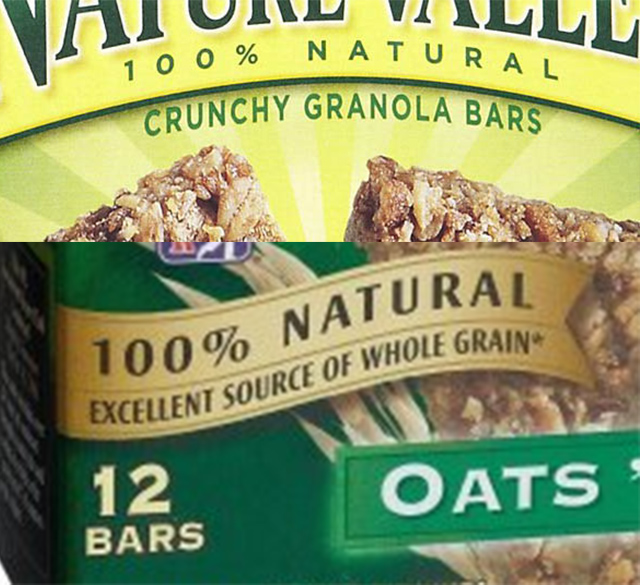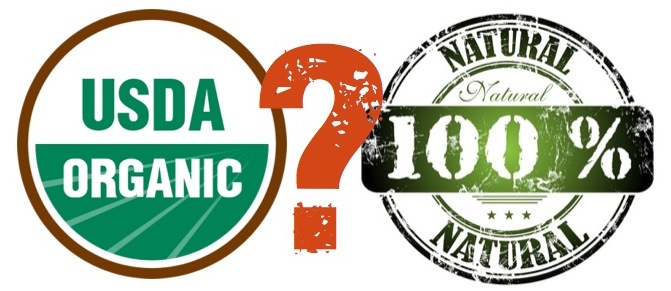General Mills Inc., the maker of Nature Valley, agreed to keep the phrase “100% natural” off of its food products as part of legal settlement with several consumers and advocacy groups. In doing so, General Mills follows a string of other food companies, including Trader Joe’s, Kashi and PepsiCo, that have agreed to settle similar cases without admitting liability to avoid further litigation costs. The real issue here is whether General Mills violated the law? Well, under the current FDA regulations it appears they didn’t.
Up to this point the FDA has refused to define the term “natural”, but has noted on an informal statement support for the policy that “nothing artificial or synthetic is included in, or has been added to, the product that would not be expected to be there.” 58 Fed. Reg. 2302, 2407 (Jan. 6, 1993). The USDA, however, has defined “natural” (when applied to meat, poultry or eggs) as a product containing no artificial ingredient or added color and is only minimally processed. “Minimally processed” means that the product was processed in a manner that does not fundamentally alter the product.
The Food Labeling Modernization Act would prohibit the use of the word “natural” on a food that includes any synthesized ingredient, or any ingredient that has undergone chemical changes such as corn syrup, high-fructose corn syrup, high-maltose corn syrup, maltodextrin, chemically modified food starch, or alkalized cocoa. The bill also calls on the FDA to develop a more encompassing definition of natural.
Here, the plaintiffs accused General Mills of making misleading statements by marketing Nature Valley products as natural when they contained genetically modified and processed ingredients. Under the terms of the settlement, General Mills agreed not to use the “100% natural” claim for products that include processed ingredients, including corn syrup and the food additive maltodextrin. The settlement also prohibits the company from using the phrase on products that contain more than a trace amount of genetically modified ingredients. Interesting to note, new packages for Nature Valley granola bars now have a stamp that claims “made with 100% natural oats”.
Labeling and marketing your food product to comply with state and federal regulations is a difficult and time consuming process. If you need assistance in either of these regulatory areas please contact our attorneys at Morsel Law.


